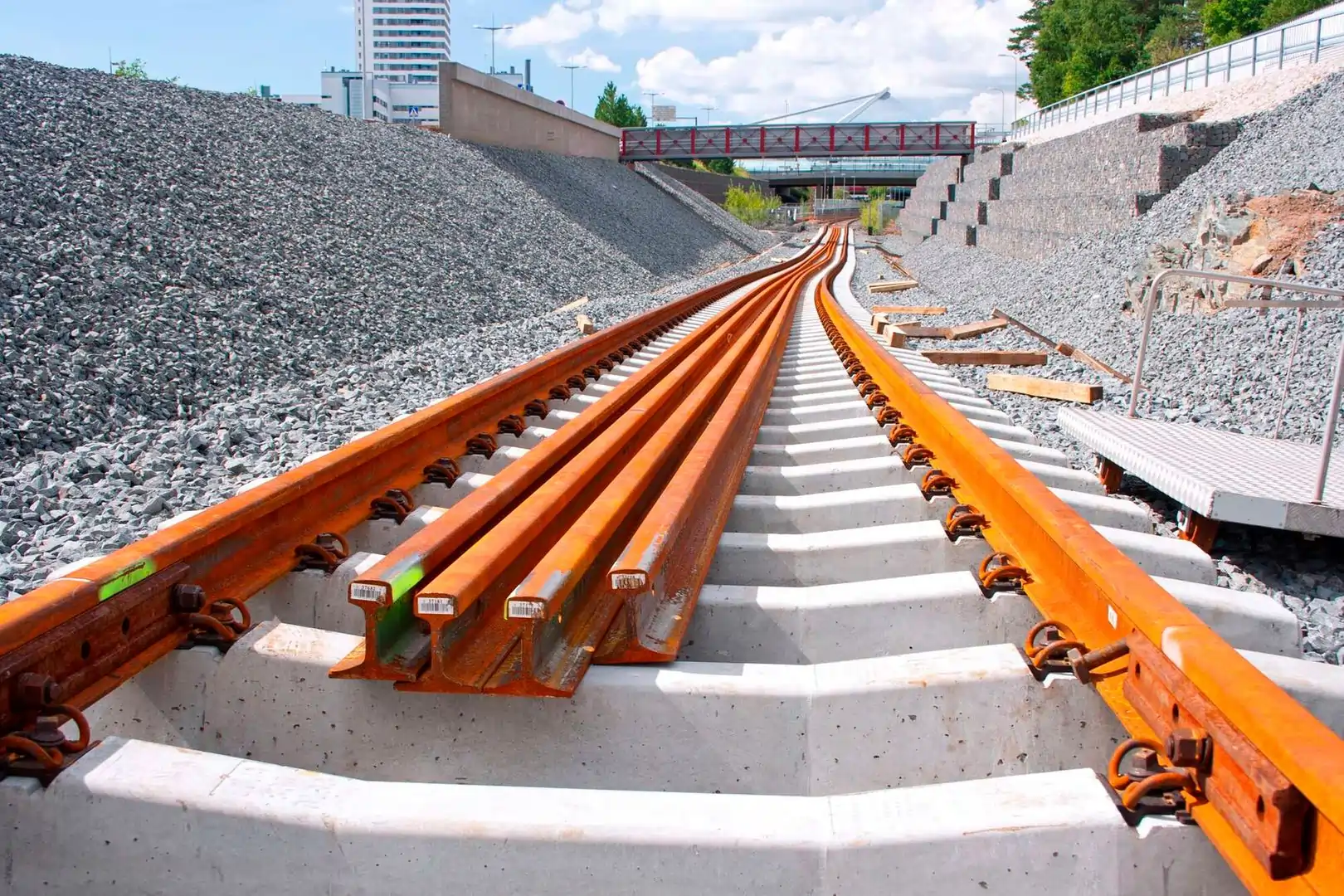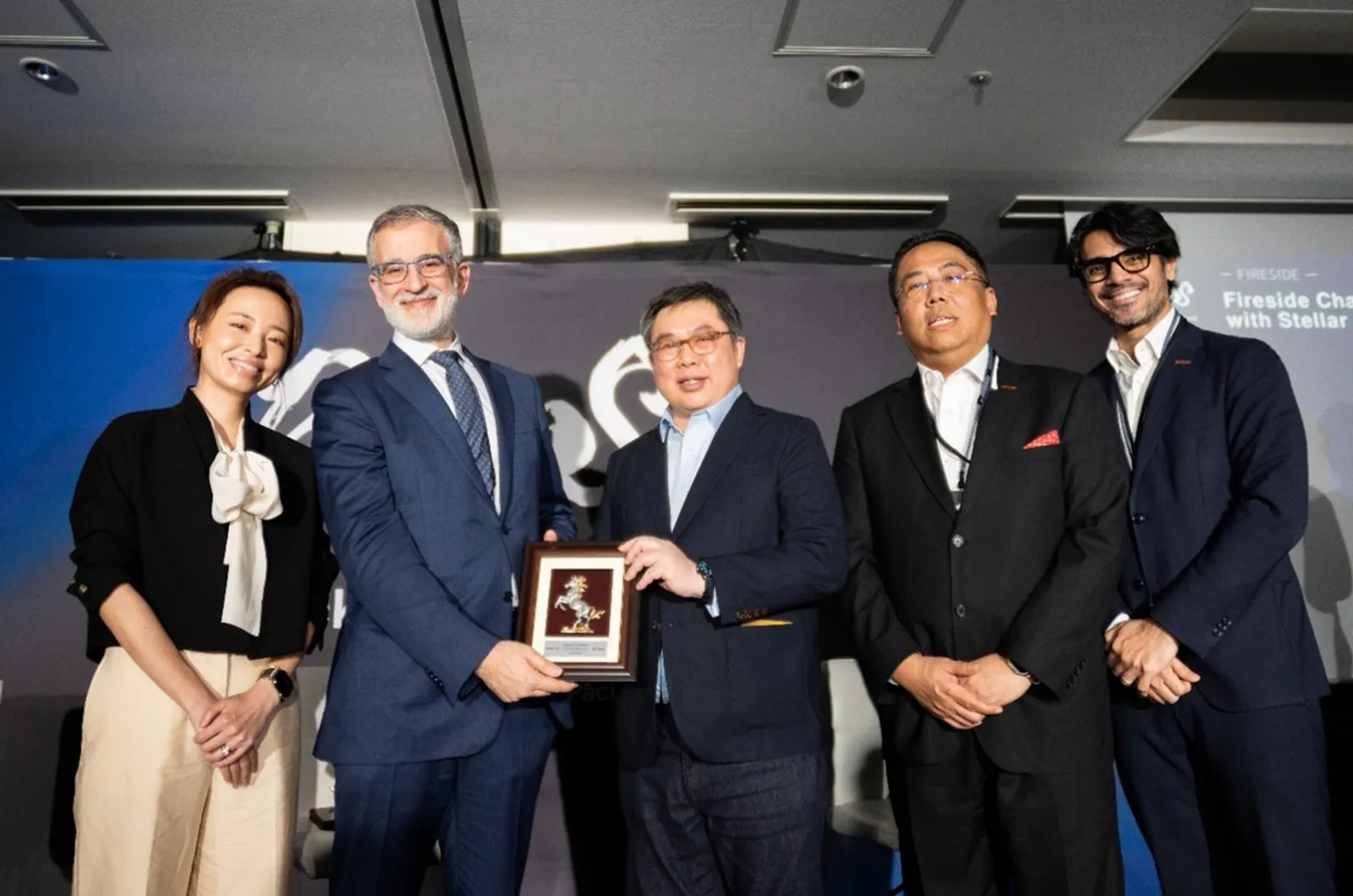The United States has reinforced its commitment to Zambia by approving a substantial $458 million grant aimed at enhancing Zambia’s agricultural infrastructure and market access. This investment is being made under the US Millennium Challenge Corporation (MCC) and is aligned with the larger regional efforts to develop the Lobito Corridor, a strategic transportation and trade network connecting Angola, Zambia, and Tanzania. The Lobito Corridor links the Atlantic and Indian Oceans, presenting significant economic opportunities for Zambia and the region.
A Landmark MCC Investment for Zambia
The $458 million grant to Zambia is part of a broader initiative to support sustainable agricultural development, reduce poverty, and promote economic stability. As announced by US Secretary of State Antony Blinken, the initiative forms part of the US’s ongoing partnership with Zambia under the MCC. The project will focus on key infrastructure upgrades and policy reforms that will help Zambian farmers access regional and global markets more efficiently, as well as drive inclusive economic growth.
“This MCC compact, based on a $458 million debt-free grant from the US and a $33 million investment by Zambia, will develop infrastructure to assist Zambia’s farmers and rural communities in accessing regional and global markets, support policy reforms to catalyze agricultural sector growth, and complement the US government’s investments in the Lobito Corridor,” Blinken noted in his statement on October 19, 2024.
The project, known as the Zambia Farm-to-Market Compact, includes investments in rural road infrastructure and maintenance, access to finance for irrigation, electricity, and storage facilities. These upgrades are designed to ease logistics and improve the processing capabilities within Zambia’s agricultural sector, thereby enhancing Zambia’s competitiveness in regional and global markets.
Strategic Linkage with the Lobito Corridor
The investment complements the US’s ongoing involvement in the Lobito Corridor, which is a key economic artery for Zambia. The Lobito Corridor has been heralded as the first strategic project launched under the G7 Partnership for Global Infrastructure and Investment (PGII), a flagship initiative introduced by US President Joe Biden at the G7 Summit in Japan in 2023. This corridor is not only a trade and transport route but also an enabler for agricultural, mining, and industrial exports from Zambia, Angola, and the Democratic Republic of Congo (DRC).
The Lobito Corridor is crucial in facilitating Zambia’s access to the Atlantic Ocean, providing a shorter, more efficient trade route for Zambian goods. This project is expected to catalyze economic growth in Zambia by improving logistics, reducing transportation costs, and opening up access to new markets. It is also seen as a strategic move by the US to counter China’s growing influence in Africa, particularly in critical infrastructure and resources such as the region’s vast mineral wealth.
China, which has heavily invested in the region’s infrastructure, recently pledged $1 billion for the rehabilitation of the Tazara Railway, a major transport artery running from Dar es Salaam, Tanzania, to Zambia’s central region. This railway complements the Lobito Corridor, offering multiple logistical pathways for Zambian goods to reach international markets.
The MCC’s Role and Vision
The Millennium Challenge Corporation, an independent US foreign aid agency established in 2004, has been instrumental in providing grants to countries that meet stringent criteria for good governance, economic freedom, and investment in people. Zambia has benefited from MCC grants in the past, and this latest investment is part of a broader initiative to promote long-term, sustainable economic growth.
The MCC’s compact with Zambia focuses on improving agricultural productivity by investing in infrastructure such as roads, irrigation systems, and storage facilities. Additionally, the compact supports policy reforms aimed at removing barriers to trade and investment in the agricultural sector. This will provide Zambian farmers with improved access to capital, better farming techniques, and enhanced market access, positioning Zambia to become a leading exporter of agricultural products in the region.
According to MCC CEO Alice Albright, “MCC recognizes Zambia’s potential to not only become food secure but also a leading supplier of agricultural goods to the region and the world. This compact makes it easier for Zambia’s farmers and agriculture processors to sell their products and grow their businesses, an outcome critical to Zambia’s economic growth.”
Zambia’s Position in the US-China Scramble for Influence
Zambia’s strategic importance in the growing geopolitical competition between the US and China cannot be overstated. With vast reserves of critical minerals such as copper and cobalt, which are essential for the global transition to renewable energy and electric vehicles, Zambia has become a focal point for foreign investment. Both the US and China are vying for influence in the region, particularly in sectors such as mining and infrastructure.
While China has been Zambia’s largest trading partner and has heavily invested in its infrastructure over the past decade, the US is making significant inroads with initiatives such as the MCC compact and investments in the Lobito Corridor. These investments are seen as part of a broader US strategy to counter China’s Belt and Road Initiative (BRI), which has extended China’s reach across Africa through infrastructure development and financial aid.
Enhancing Zambia’s Agricultural Export Potential
Zambia’s agricultural sector holds immense potential, but it has been constrained by inadequate infrastructure and limited access to global markets. The MCC’s Zambia Farm-to-Market Compact is expected to address these challenges by providing farmers with better roads, irrigation, and processing facilities. This will not only improve the quality of agricultural products but also reduce post-harvest losses and increase farmers’ incomes.
With improved infrastructure, Zambian farmers will be able to reach markets more efficiently, reducing transportation costs and increasing their competitiveness in the global marketplace. The compact will also support the development of value chains, enabling farmers to process and package their products locally, thereby adding value and creating jobs in the agricultural sector.
Conclusion
The US’s $458 million investment in Zambia’s agricultural infrastructure, coupled with its involvement in the Lobito Corridor, marks a significant step in strengthening bilateral ties and boosting Zambia’s economic growth. By improving market access for Zambian farmers and enhancing regional connectivity, the initiative will help Zambia realize its potential as a major agricultural exporter. At the same time, the US’s strategic investments in Zambia are part of a broader effort to counter China’s growing influence in Africa, particularly in sectors critical to the global economy.
As Zambia continues to attract foreign investment and strengthen its position as a regional economic hub, the success of initiatives such as the MCC compact will be crucial in driving long-term, inclusive economic growth. The Lobito Corridor, in particular, will play a pivotal role in enhancing Zambia’s connectivity to international markets, positioning the country as a key player in regional trade and a beneficiary of global infrastructure development efforts.
Ready to take your career to the next level? Join our dynamic courses: ACCA, HESI A2, and ATI TEAS 7! 🌟 Dive into a world of opportunities and empower yourself for success. Explore more at Serrari Ed and start your exciting journey today! ✨
Photo source: Google
By: Montel Kamau
Serrari Financial Analyst
24th October, 2024
Article, Financial and News Disclaimer
The Value of a Financial Advisor
While this article offers valuable insights, it is essential to recognize that personal finance can be highly complex and unique to each individual. A financial advisor provides professional expertise and personalized guidance to help you make well-informed decisions tailored to your specific circumstances and goals.
Beyond offering knowledge, a financial advisor serves as a trusted partner to help you stay disciplined, avoid common pitfalls, and remain focused on your long-term objectives. Their perspective and experience can complement your own efforts, enhancing your financial well-being and ensuring a more confident approach to managing your finances.
Disclaimer: This article is for informational purposes only and does not constitute financial advice. Readers are encouraged to consult a licensed financial advisor to obtain guidance specific to their financial situation.
Article and News Disclaimer
The information provided on www.serrarigroup.com is for general informational purposes only. While we strive to keep the information up to date and accurate, we make no representations or warranties of any kind, express or implied, about the completeness, accuracy, reliability, suitability, or availability with respect to the website or the information, products, services, or related graphics contained on the website for any purpose. Any reliance you place on such information is therefore strictly at your own risk.
www.serrarigroup.com is not responsible for any errors or omissions, or for the results obtained from the use of this information. All information on the website is provided on an as-is basis, with no guarantee of completeness, accuracy, timeliness, or of the results obtained from the use of this information, and without warranty of any kind, express or implied, including but not limited to warranties of performance, merchantability, and fitness for a particular purpose.
In no event will www.serrarigroup.com be liable to you or anyone else for any decision made or action taken in reliance on the information provided on the website or for any consequential, special, or similar damages, even if advised of the possibility of such damages.
The articles, news, and information presented on www.serrarigroup.com reflect the opinions of the respective authors and contributors and do not necessarily represent the views of the website or its management. Any views or opinions expressed are solely those of the individual authors and do not represent the website's views or opinions as a whole.
The content on www.serrarigroup.com may include links to external websites, which are provided for convenience and informational purposes only. We have no control over the nature, content, and availability of those sites. The inclusion of any links does not necessarily imply a recommendation or endorsement of the views expressed within them.
Every effort is made to keep the website up and running smoothly. However, www.serrarigroup.com takes no responsibility for, and will not be liable for, the website being temporarily unavailable due to technical issues beyond our control.
Please note that laws, regulations, and information can change rapidly, and we advise you to conduct further research and seek professional advice when necessary.
By using www.serrarigroup.com, you agree to this disclaimer and its terms. If you do not agree with this disclaimer, please do not use the website.
www.serrarigroup.com, reserves the right to update, modify, or remove any part of this disclaimer without prior notice. It is your responsibility to review this disclaimer periodically for changes.
Serrari Group 2025
















